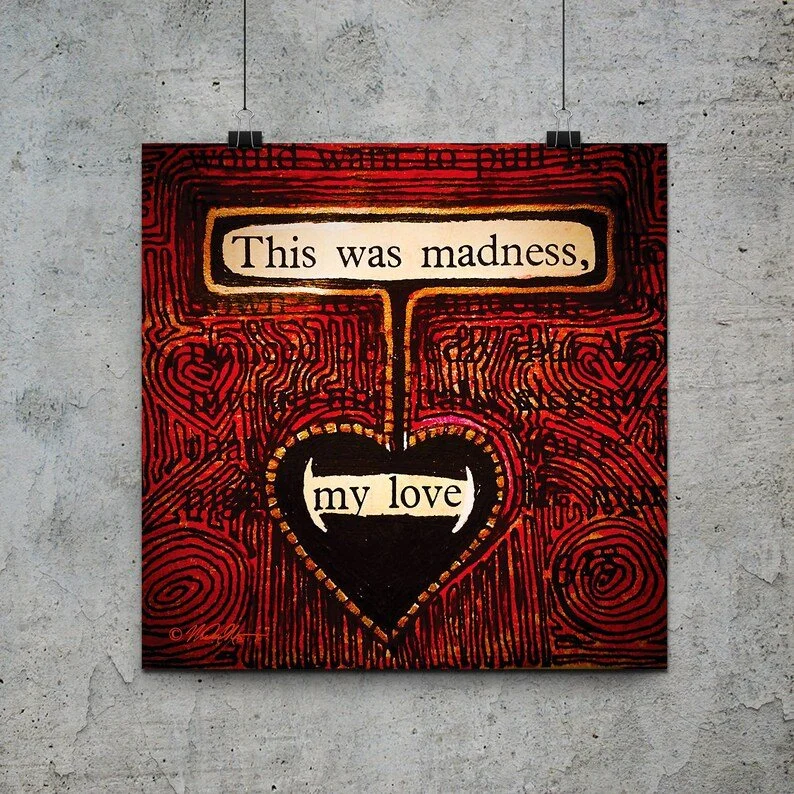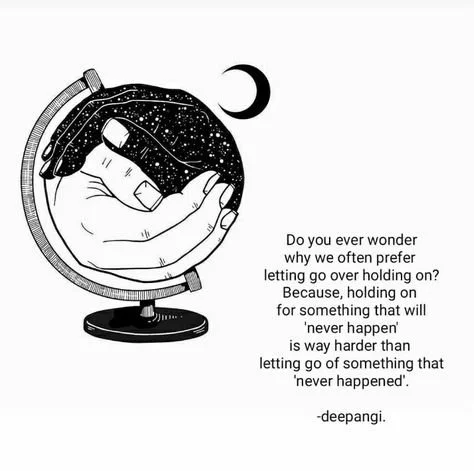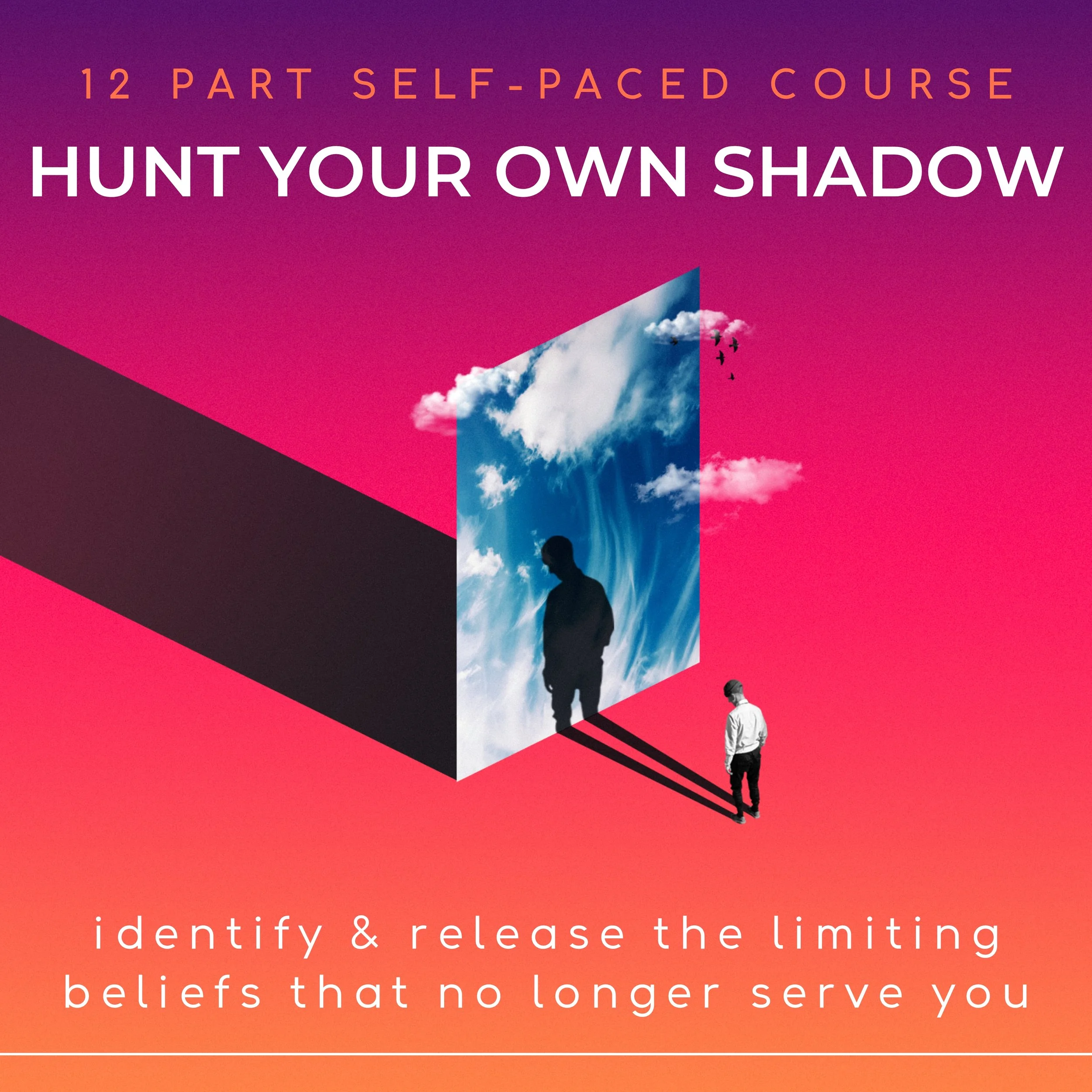Not All Poetry Feedback Is Equal: Stop Taking Their Words Personally
- A chapter from How To Write Evocative Poetry, out now in paperback, eBook, & audio -
Not all poetry feedback is equal, nor is it equally appreciated. It depends on what you write, who is offering the feedback, and the type of relationship you share.
I write poems about sex, sadness, and spirituality, thus my audience is broad and eclectic. I want to be read wildly by most everyone, except perhaps by my family, colleagues, neighbours, and acquaintances who may (have) raised a few eyebrows at my work…
I break down my readers into three broad categories of people:
1: The ‘Inner Circle’
These are people who are close to me, people who support me unconditionally, who love and encourage me, who want me to grow, and who will give me feedback that I trust. This is a very small group. Whilst it is hard to share some of my darkest truths with this group, they ultimately accept it – or at least accept my need to express it.
2: The ‘Unknown Circle’
These are people I do not know in my personal life. The fans, the haters, and everyone else who has discovered my work. It can take time and practice to get comfortable sharing to the world at large. People can be extremely critical and extremely complimentary – both of which can be problematic for different reasons if taken too seriously. Thus, the poetry feedback they offer needs to be taken with a grain of salt. Consider the poem Do You Love Me, Or Just The Idea Of Me?
Do You Love Me, Or Just The Idea Of Me?
Do you love me,
Or just the idea of me?
I may be your ‘dream girl’
But I am real,
And that reality is different
From your fantasy.
How often must we fight,
Just to clarify
That you expected
Me to speak differently?
How many tears must fall,
Just to realise
That you expected
Me to be something I’m not?
If you love me,
Please drop your expectations
And open your eyes
To the real me.
My body has blemishes.
I will lose my temper.
I judge unfairly.
I get things wrong.
I am not perfect,
No one is.
Unless of course,
They’re just a dream.
On the day that I shared that poem, I received these two pieces of feedback:
Poetry Feedback 1: “I feel like I have gained a deeper understanding of the complexities of love and relationships. The author’s insights into the importance of being honest with ourselves and our partners and the need for genuine connection in our relationships are both valuable and thought-provoking. This poem has given me a lot to think about and inspired me to examine my own motivations and desires when it comes to love. I would highly recommend this poem to anyone who is seeking to build stronger and more authentic relationships.”
Poetry Feedback 2: “Sucks to be her then lol. Every woman is an Empress(sic) inside. Your subject is quite pitiful. Not as good look.”
Ideally, I would have all my poems produce the same revelatory response in all my readers as suggested in the first feedback. Ideally, my work would be received with such reverence as to render poetry feedback 2 an impossibility. But we don’t live in an ideal world, and as these feedbacks show, the same piece can illicit two vastly different responses.
If I were to take poetry feedback 1 as truth, not only would I risk becoming an egotistical narcissist, but also my poetry could suffer. To replicate the magic, I may twist my style or only write in a certain way to illicit such a response – perhaps I would be successful, perhaps not, but ultimately I know for the sake of my own growth as a writer I need to focus on expression far more than reception. Conversely, if I were to take Feedback 2 as truth, not only would my confidence risk being shattered, but I may consider changing my writing style or topic choice to avoid such ‘pitiful’ topics. To avoid all of this, I follow the adage,
“You are not as good or as bad as they say, you are.”
This helps me to maintain a level head regardless of what responses I am getting to my work. What’s more, I make sure to check myself whenever anyone from the Unknown Circle (or anyone really) offers me feedback or advice. If I didn’t ask for it, I tend to take it with a grain of salt – I talk elsewhere in this book about how to appropriately ask for and accept feedback.
3: The ‘Outer Circle’
Is everyone else. Here is where you may come across some issues, both in relation to your expectations of them, as well as their reception to you as a poet, as well as the poetry feedback they offer.
Initially, I had the naive (and unfair) expectation that everyone I knew would care about and read my work. I assumed that they would all buy a copy of my book and speak positively of it to their friends, encouraging them to purchase it as well. But of course, what I am writing is not for everyone, thus most of the people I know would be excluded based on genre and medium alone.
Of those who remain, many will find themselves blocked by the fact that they know me and thus cannot separate the art from the artist. Apparently this is a common feature; even best-selling authors talk about how those close to them simply cannot read their work. I learnt to lower my expectations of this group and taught myself to realise that although my latest book is extremely special to me, to them, it is just another thing that one of the many people they know are doing.
In the same way I am not equally engaged in projects of everyone I know, I cannot expect everyone I know to be engaged in mine. That said, some of my work has resonated with people in the Outer Circle and has subsequently brought us closer – for this I am tremendously grateful.
Safely Sharing Personal Poetry
Unfortunately, there is a much darker and harder to navigate part to the Outer Circle - the people I least want to read my work are those who don’t have my best interests at heart. These are the people who have hurt, judged, critiqued, or belittled me, or suggested ‘lovingly’ that there is no future in what I’m doing here. These people that make it hard to feel like you can safely share personal poetry.
I know someone is in this group when I care that they know I am writing. These people do not make me feel safe about the prospect – not in the way a total stranger may make me feel unsafe, but rather in a ‘by reading my work they will know me with a level of intimacy that I am not comfortable with’ kind of way.
To invoke a physical analogy for a moment, I would prefer people from the Unknown Circle to see my nude body than anyone from this part of the Outer Circle. The former may judge me in the same way as the latter, but ultimately I do not know them, nor have a history with them, so those judgements simply do not land with the same kind of force. I just don’t care anywhere near as much.
Navigating the Outer Circle is a challenge. If you are writing only for yourself, you may avoid this problem entirely, but if you ever plan on releasing your work there is a risk that any or all of the members of the Outer Circle will read your work – and take it personally.
I am of course talking from experience. Sometimes, some of my work, is in fact about these people - or more specifically about my response and emotionality to them or their actions. But other than with my father, who is now deceased, I don’t mention anyone by name, or title, and never will. But nonetheless, conflict has arisen, and relationships have been lost. But to be fair though, there wasn’t much of a relationship anyway, so I was disappointed but okay with letting them go. Ultimately, I felt like I had to always act around them anyway, and them reading my art was like them seeing my truth for the first time – something that some simply couldn’t accept.
The Moment I Stopped Caring I Was Free
There is no easy way to navigate the Outer Circle, other than to say it gets easier. You get used to it. You accept it and you accept yourself. Writing heals you and you grow into someone new, and you learn to love yourself despite the judgements that come explicitly or implicitly. You learn to accept how much it hurts and simultaneously how little you care, in fact the moment I stopped caring I was free - of their, and my own internal, judgements, and fears.
It is a unique process that only you can navigate. I know that were my father alive, I wouldn’t find sharing my work anywhere near as easy. That said, perhaps I would have reconciled some of the pain directly with him and perhaps talked through many of the issues I am instead forced to express through poetry. I don’t know which version of reality would be preferable, but I am living in this one, so I need to make do with what I have got.
I started sharing with the Inner Circle, then the Unknown Circle, and kind of just left the Outer Circle to discover my work, planning on dealing with the fall out, when and if it arises. Was that the best approach? Probably not, but it was what was necessary for me to progress as a writer, and ultimately as a person healing from trauma. Sharing my darkness and light in the form of poetry is the ultimate reclamation of my past and I am feeling more empowered each day because of it.
You could always choose to write under a pseudonym, but the truth may still come out. If you feared that possibility, you would not be writing with the same tenacity and vulnerability necessary to write truly evocative poetry. To call this a shame would be a vast understatement.
My approach is to share whatever arises, and then, if there is an issue that arises from the sharing, if I am offered poetry feedback, I write about those issues and share some more.
If this post has resonated with you, I would love your support.
Read more:
Elements Of Poetry
What Is Evocative Poetry?
Read another chapter from How To Write Evocative Poetry. Download a free copy here, or purchase as a Paperback, eBook, Hardcover or Audiobook.
Your shadow is the gateway to a more authentic you.
This course is your guide to profound inner work. Through powerful insights, guided prompts, and proven techniques, you'll navigate your shadow, heal unresolved wounds, and reintegrate the parts of yourself you’ve long ignored.
What’s Inside:
12 x Guided Meditation & Contemplations
12 x Introspective Prompts
12 x Expansion Challenges
A comprehensive instructional PDF guidebook
Unlimited email coaching for ongoing support and personalized guidance
Explore full course details and watch intro video here!
This isn’t just about healing, it’s about meeting your shadow head-on, embracing every part of yourself, and reclaiming your full power.
Are you ready to face what’s been hidden and step into your truth?



